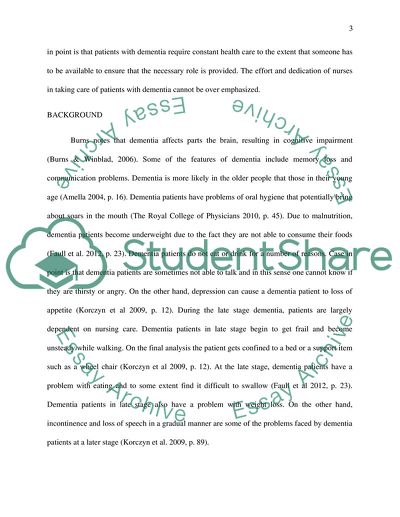Cite this document
(“Nutritional support for patient with advanced/end stage dementia Essay”, n.d.)
Nutritional support for patient with advanced/end stage dementia Essay. Retrieved from https://studentshare.org/nursing/1637693-nutritional-support-for-patient-with-advancedend-stage-dementia
Nutritional support for patient with advanced/end stage dementia Essay. Retrieved from https://studentshare.org/nursing/1637693-nutritional-support-for-patient-with-advancedend-stage-dementia
(Nutritional Support for Patient With advanced/End Stage Dementia Essay)
Nutritional Support for Patient With advanced/End Stage Dementia Essay. https://studentshare.org/nursing/1637693-nutritional-support-for-patient-with-advancedend-stage-dementia.
Nutritional Support for Patient With advanced/End Stage Dementia Essay. https://studentshare.org/nursing/1637693-nutritional-support-for-patient-with-advancedend-stage-dementia.
“Nutritional Support for Patient With advanced/End Stage Dementia Essay”, n.d. https://studentshare.org/nursing/1637693-nutritional-support-for-patient-with-advancedend-stage-dementia.


